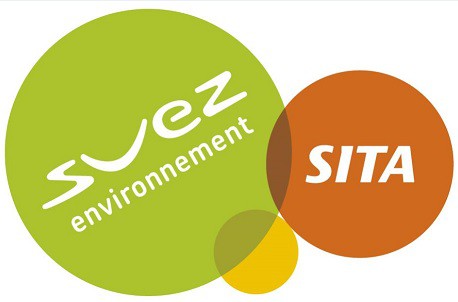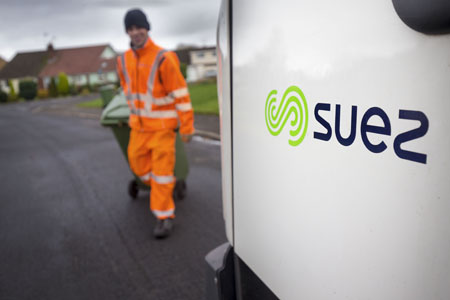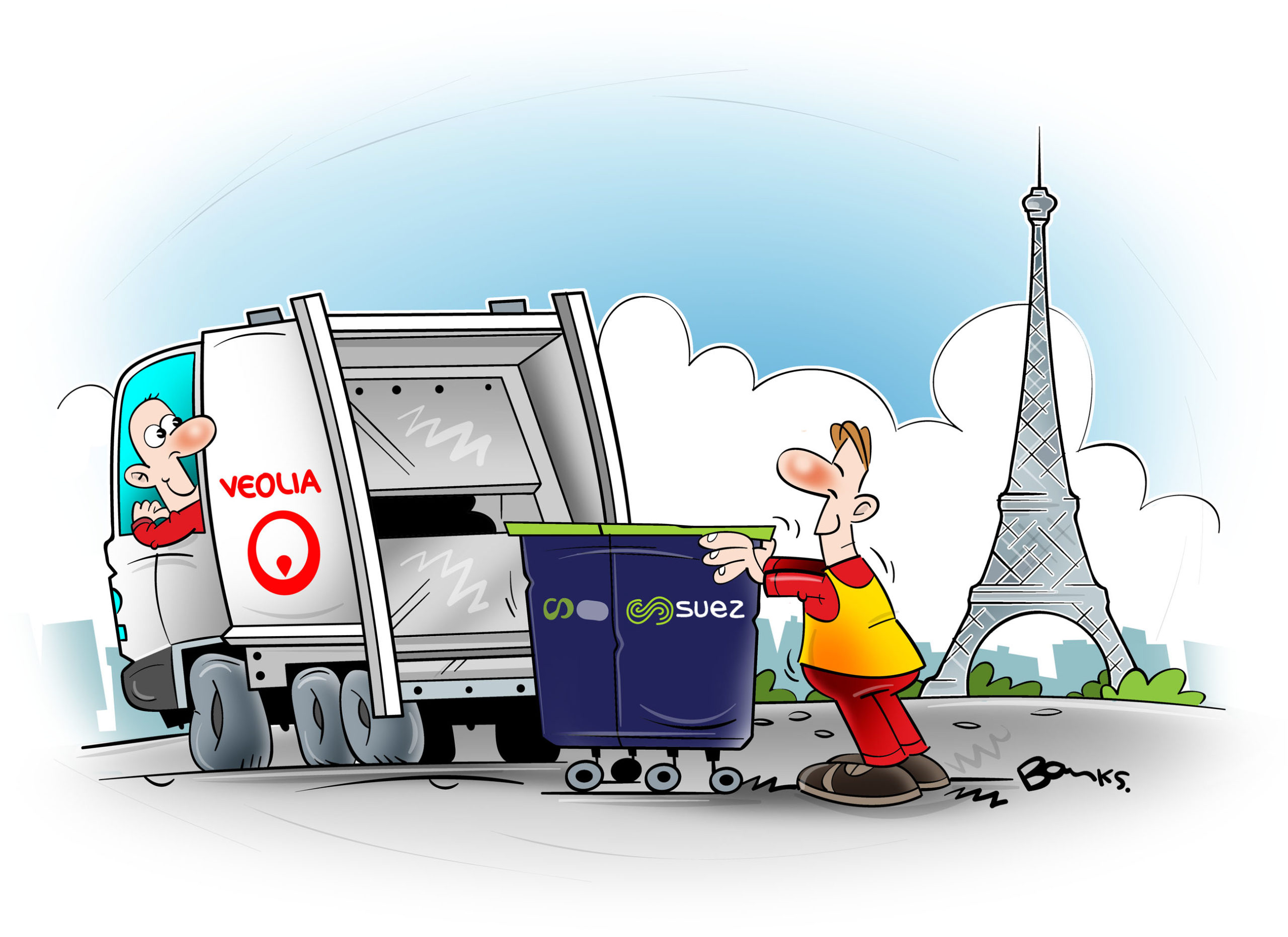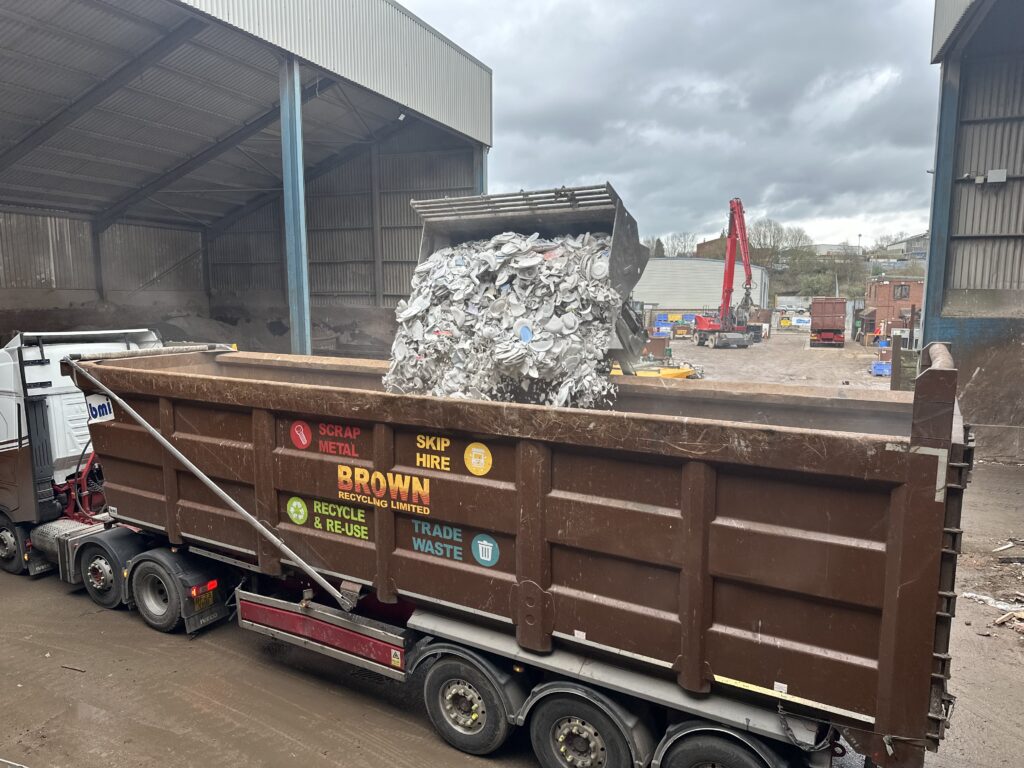In an exclusive interview with Steve Eminton, editor of letsrecycle.com, Mr Palmer-Jones reflected on his 33 years at the business he joined in 1989, a time which included 13 years in Malaysia, France, and Scandinavia, as well as 11 years as chief executive of Suez’s UK arm.
He discussed a range of topics, including reform of the UK waste sector and Veolia’s takeover of Suez.
Mr Palmer-Jones has been in his current role since December 2019.
He also served as chair of the Environmental Services Association from 2012 to 2015 and president of FEAD, the European waste management trade association, from 2013 to 2017.
“I’ve had an extremely interesting, varying career with lots of highlights,” he said. “Clearly, you build up a tremendous experience and knowledge of the business.”
Mr Palmer-Jones said he would continue working in the waste sector. “I would love to be able to contribute to people who wish, as I do, to see a more circular economy, to see the resource efficient UK.
“So, I’m looking forward to continuing my career at the heart of what I believe is an absolutely essential industry.”
‘Humble beginnings’
Mr Palmer-Jones began working for SITA, as Suez was then known, on 1 February 1989. At this time, three people ran the company, which focused on domestic waste collections, from an office above a shoe shop.

“Compulsory competitive tendering was the thing that brought SITA from France to the UK,” Mr Palmer-Jones told Mr Eminton. “The saying at that time was that the people who own the keys to the landfill were king.”
The only real innovation Mr Palmer-Jones remembers from that time is the introduction of wheeled bins. “We talked a lot about payloads and larger vehicles for collections. It was all around collection.”
Closed loop solutions
Nowadays, things could not be more different: Suez is a “very profitable business, a highly professional business” with a turnover of £900 million, while recycling is a firmly established aspect of everyday life in the UK.

As Mr Palmer-Jones noted, Wales has already reached a recycling rate of 65%, the European and UK target for 2035.
He said: “I can remember very, very vividly a target being set for 20% by 2020 for recycling and everybody saying it would be impossible to reach such a figure.
“And that’s funny because we fast forward, we can perhaps reflect a little bit on where we are today.
“Things are dramatically, radically different from those very humble beginnings.”
Mr Palmer-Jones believes the waste sector now has a much better understanding of the different components which make up its “value chain”.
“We see that closed loop solutions are now more and more critical,” he said. “There is a more an understanding of ownership and stewardship of materials that are placed on to the market by producers.”
EPR
However, Mr Palmer-Jones expressed concerns about the pace of reform within the industry, particularly the launch of extended producer responsibility (EPR) for packaging.

Defra recently announced that the roll-out of EPR would be pushed back by a year (see letsrecycle.com story).
Mr Palmer-Jones attributes his fears around EPR to the Covid-19 pandemic and the departure of Michael Gove, for whom he was full of praise, as environment secretary in 2019.
“I do worry that Covid and also a change of Gove now has really started to reduce the speed of change,” he said. “The consultation is still not available yet. The extended producer responsibility body itself is still not in position.”
Mr Palmer-Jones fears a “dilution” of the policy, whereby Defra no longer includes the proposals for business waste.
He told Mr Eminton: “I can see where potentially Defra, in its attempt to move the situation on somewhat, will just concentrate on the public sector.
“I feel that they miss the point that to achieve the ambitious target 65% recycling, they need to include the volumes coming from the private and commercial sectors as well.”
Merger
Mr Palmer-Jones is to leave Suez at a time when fellow French waste management company Veolia has agreed to acquire its rival at a price of €20.50 (£17.71) per share (see letsrecycle.com story).

The Competition and Markets Authority (CMA) is currently looking into the deal to see how it would affect the market in the UK.
Mr Palmer-Jones suggested the CMA’s probe could end in late June, though he was tight-lipped over details.
“What we can say is there will be new owners of Suez UK, as there will be a merger of various different assets from Suez around the world and the creation of new Suez assets,” he said.
“Let’s see what it brings, but, as I say, change is the only constant. There will be change, things will happen, and we’ll see where Suez in the UK ends up.”











Subscribe for free